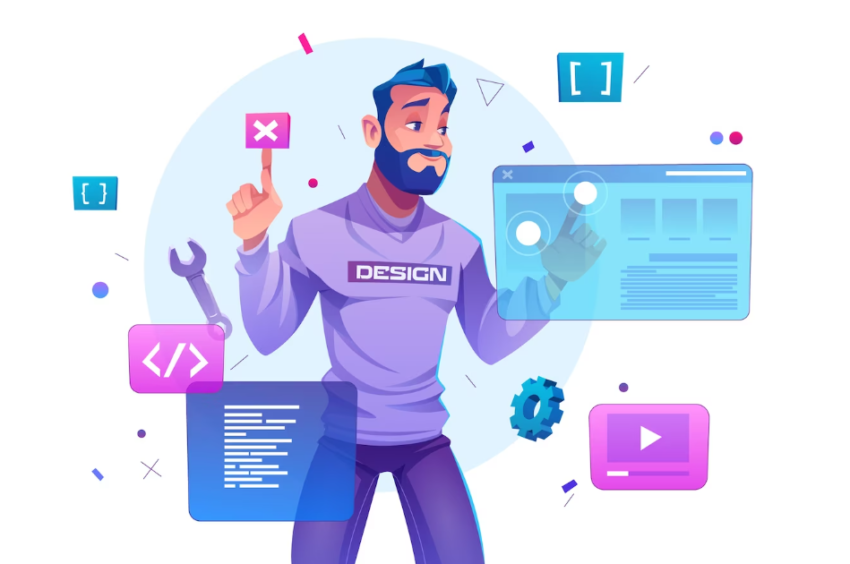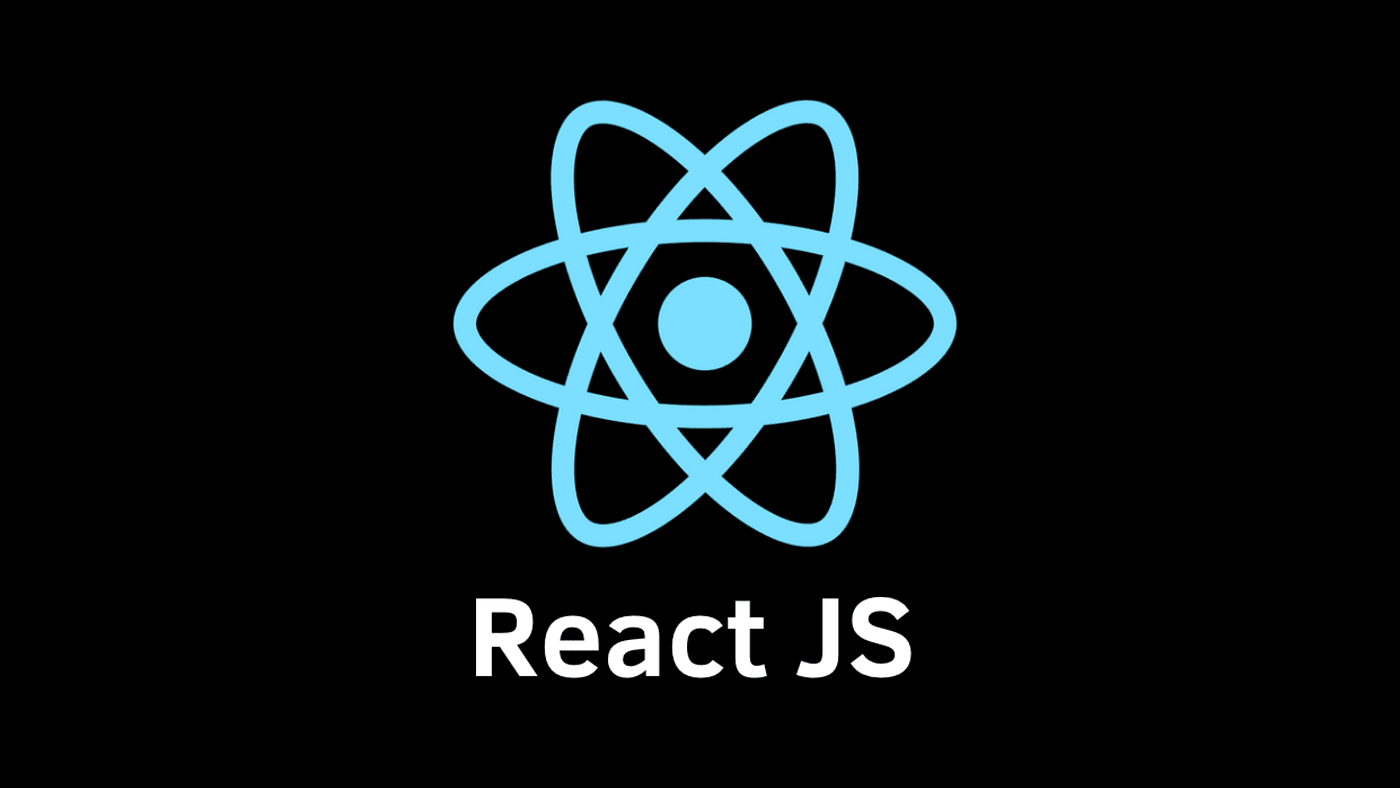Becoming an app developer involves a combination of education, practice, and continuous learning. Here is a step-by-step guide to help you become an app developer:
- Determine Your Goals and Interests:
- Decide what type of apps you want to develop (e.g., mobile apps, web apps, desktop apps).
- Choose your target platforms (iOS, Android, Windows, web browsers, etc.).
- Learn the Basics of Programming:
- Start with a foundational programming language like Python, Java, JavaScript, or C#. These languages are commonly used in app development.
- Online resources, coding courses, and books can help you get started.
- Understand Data Structures and Algorithms:
- Strong knowledge of data structures and algorithms is crucial for efficient app development.
- Choose a Development Path:
- For mobile app development:
- If you want to develop for iOS, learn Swift (for iOS) or Objective-C (older but still relevant).
- If you want to develop for Android, learn Java or Kotlin.
- For web development:
- Learn HTML, CSS, and JavaScript for frontend development.
- Pick a backend technology like Node.js, Ruby on Rails, Python (Django/Flask), or PHP.
- For desktop app development, consider languages like C++, C#, or Java, depending on your target platform.
- For mobile app development:
- Learn About App Development Tools and Frameworks:
- Familiarize yourself with popular development environments and frameworks for your chosen platform. For instance:
- Mobile: Xcode (iOS), Android Studio (Android)
- Web: React, Angular, Vue.js, etc.
- Desktop: Qt, Electron, or platform-specific tools.
- Familiarize yourself with popular development environments and frameworks for your chosen platform. For instance:
- Build Small Projects:
- Start with simple, small-scale projects to apply what you’ve learned and gain hands-on experience.
- Study Design Principles:
- Learn about user interface (UI) and user experience (UX) design principles to create visually appealing and user-friendly apps.
- Version Control and Collaboration:
- Learn to use version control systems like Git and platforms like GitHub for collaboration and code management.
- Practice Debugging and Problem Solving:
- Debugging skills are essential. Learn to identify and fix issues in your code.
- Keep Learning:
- Technology evolves rapidly, so stay updated with the latest trends, libraries, and best practices in app development.
- Create a Portfolio:
- Build a portfolio of your projects to showcase your skills and work to potential employers or clients.
- Consider Formal Education (Optional):
- If you prefer a structured learning environment, you can enroll in a computer science or software development program at a college or university.
- Apply for Jobs or Freelance Work:
- Look for job openings or freelance opportunities that match your skills and interests. Start with entry-level positions and work your way up.
- Networking and Joining Communities:
- Connect with other developers, attend meetups, join online forums, and participate in developer communities. Networking can lead to valuable opportunities and collaborations.
- Stay Updated:
- Continuously improve your skills by staying updated with the latest technologies and industry trends
Remember that becoming a proficient app developer takes time and persistence. Don’t be discouraged by challenges; keep coding, learning, and building to enhance your skills and increase your chances of success in this dynamic field.



